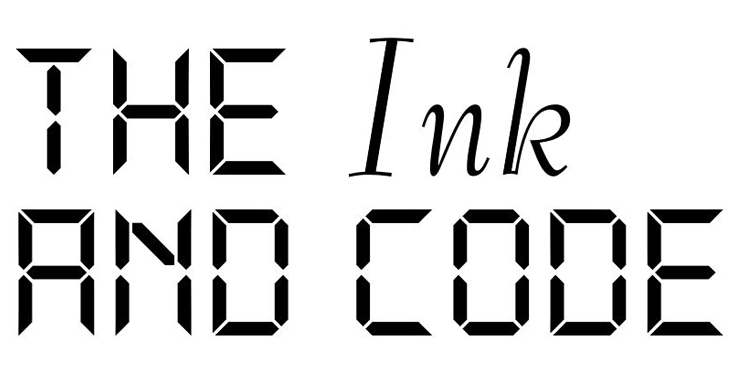I always try to give the warning: I only listen to about half of what people say only about half of the time. It’s not my fault, though, and I have no ill intentions whatsoever. It’s just the way it is. I’m made this way. I’ve tried to remedy it, I’ve tried to be a more careful listener, but this is who I am.
You understand, right?
The upside of my condition is that I’m seemingly free from having to process the minutia of many things, mostly conversations, and I can focus on the important elements of the situation: the happiness, the anger, the frustration, the hand gestures and vocal intonations, the jubilation, the sadness, or the crusted booger on the upper lip. Whatever feeling is being expressed, and the vulgar humanity associated with it, I’m there. I’m present. I understand. It’s when I have to remember key narrative components like the names of the parties involved, the times of day, the color of the hair, or, especially, follow some sort of timeline, that’s where I falter.
Now if it’s a movie or a TV show – say, Game of Thrones – you better believe I’m listening to the dialogue. I can’t tell you most of the characters’ names or what town they happen to be in, but I can damn well tell you who is doing what to whom. There’s some kind of strange satisfaction in knowing there’s been much consideration over this information. There’s an importance in its details. There’s meaning. And ultimately if I miss something I can go back to it without fear of rankling a delicate ego by requesting that it be repeated. It’s anxiety free living, all in the compact form of the rewind button.
In my countless misadventures of auditory perception, I’ve inadvertently omitted birthdays, dinner plans, plane rides, haunted house excursions, book clubs, cupcakes, and so much more. The benefit, and the downside, of not listening to people is that I probably never heard these details in the first place, and therefore it’s of no consequence. Until the inevitable chaos ensues, at least.
You shouldn’t be mad.
Here’s an example of how conversations can go:
“So, do remember my coworker, Beth?” you might say.
“Did I meet her?” I ask.
“No, she’s the one I was telling you about the other day. The annoying one.”
“I don’t remember.”
“You told me you had a coworker just like her.”
“Oh, I did?”
“You’re kidding, right?”
“Well, anyway, what about Ben?”
“Ben? I said Beth. What is wrong with you?” you might ask.
“Nothing. What’s wrong with Beth?” I reply.
“Nothing’s wrong with her, I guess. I just can’t stand her. She talks loud and eats like, hot, stinky curry at her desk. She’s not even Indian.”
“Oh, gross. I have a coworker that eats hot broccoli at her desk and it smells like farts.”
“Yeah, you already told me that. Her name is Kelly.”
“Oh. Right.”
“Anyway, Beth wore this really short purple dress yesterday and I swear to god I could see her fallopian tubes. She’s a mess. I think she’s a cokehead. I bet she is. In the morning status meetings she always chews gum, and when she talks, which she always does, she gets these little white foamy things in the corners…”
I’m listening to you, I think as you speak. I really am. But it’s not true. The little details, the ones about your brief exchanges in the hallway, the tight-eyed glances from across the office, the lunch bag color you thought was key, and the all-important names of the assailants involved, none of it is absorbing into my brain mush. Not even a little bit. So I wait. Not for you to stop talking, but for the silence that prods me to speak again. Then it’s my turn. I say what’s on my mind, and you nod your head and shove a spoonful of couscous into your mouth. As the words flow from me, as I’m telling you about something I think you might like, a movie, perhaps, you nod your head and you smile between bites.
I go into vague details about the movie’s plot, the characters, of which I don’t remember the names. You smile. You nod. I can’t even remember why I started talking about this particular movie in the first place. Was one of the characters annoying? Did it take place in an office? You’re no longer looking at me, I notice. The couscous is more interesting. And I suddenly wonder if you’re even listening to me at all.
The End

